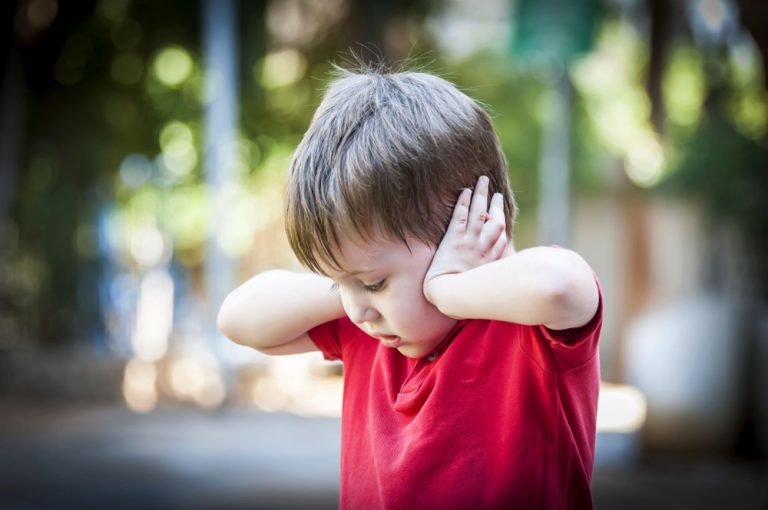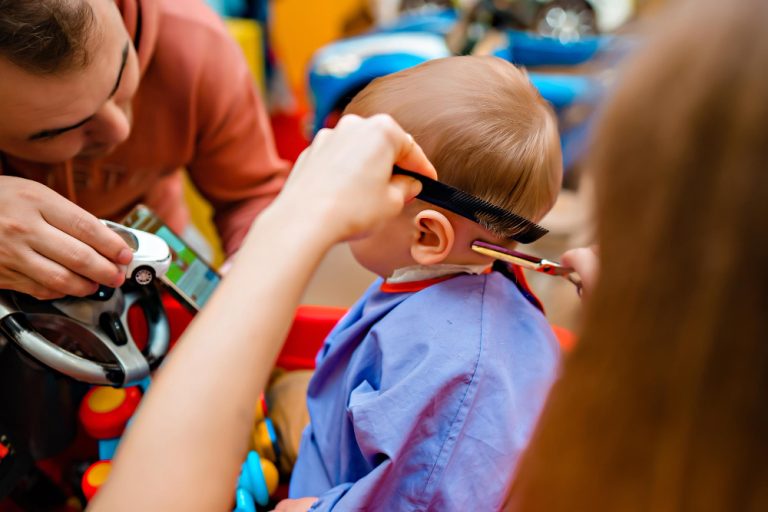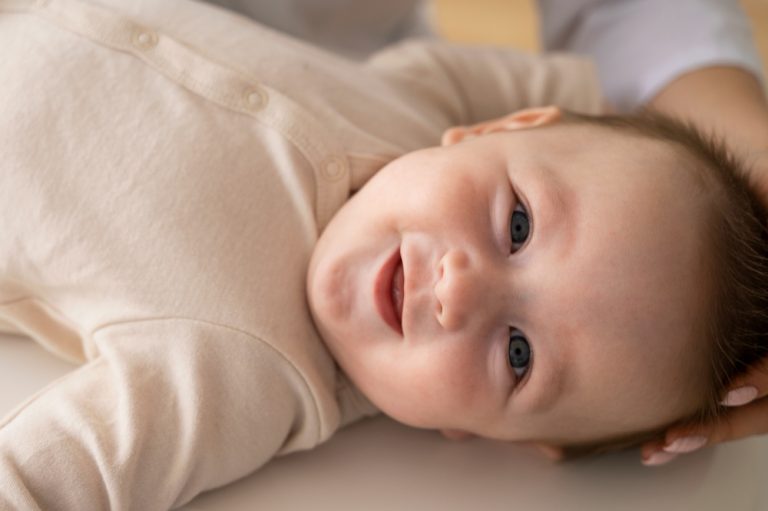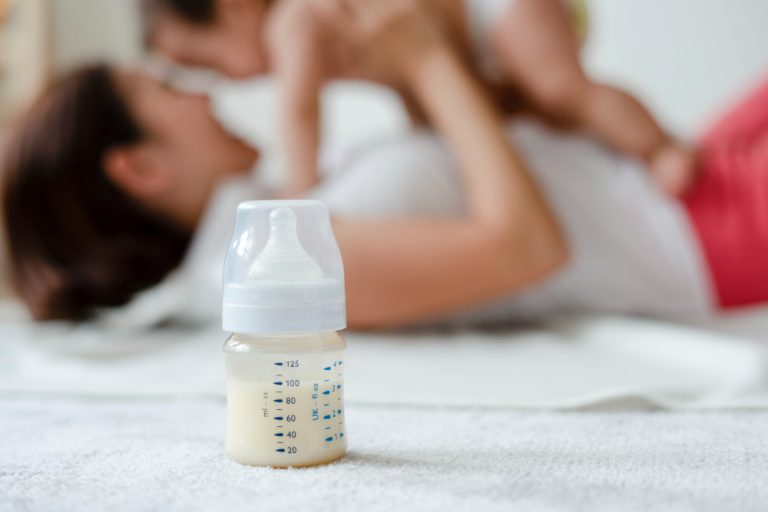How to Choose the Best Sunscreen for Babies? Sun Protection
Are you confident that you’re choosing the best sunscreen for babies? As a parent, protecting your little one’s delicate skin from the sun’s harmful ultraviolet (UV) rays is a top priority. But with a multitude of sunscreens on the market, the task of selecting the right one can feel overwhelming.
How can you ensure that you’re making the best choice for your precious baby? In this comprehensive guide, we’ll dive into the world of sunscreens to equip you with the knowledge you need to confidently select the best sunscreen for babies, your little ray of sunshine.
Why is Sunscreen Important for Babies?
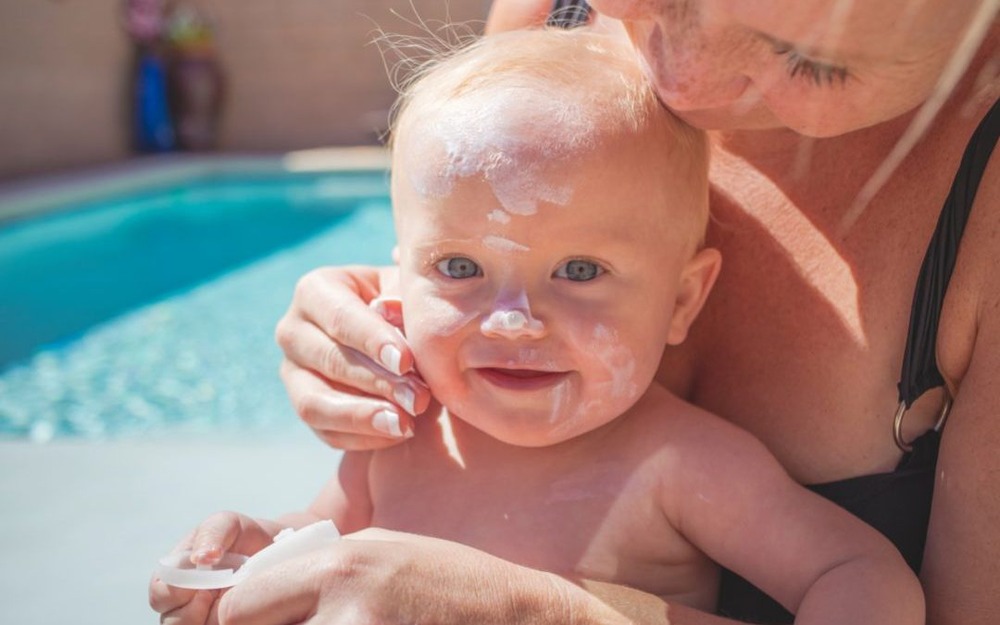
Babies have delicate and immature skin that lacks the thickness and protective capabilities of adult skin, making them highly vulnerable to sunburn. Even minimal exposure to the sun can result in sunburn for babies, causing discomfort and redness, and significantly increasing their risk of developing skin cancer later in life.
Sunscreens play a critical role in protecting babies’ skin by acting as a barrier, either absorbing or reflecting harmful UV rays to prevent sunburn and reduce the long-term damage caused by sun exposure. Let’s understand more about sunscreen types to better understand the best sunscreen for babies.
Understanding Sunscreen Types
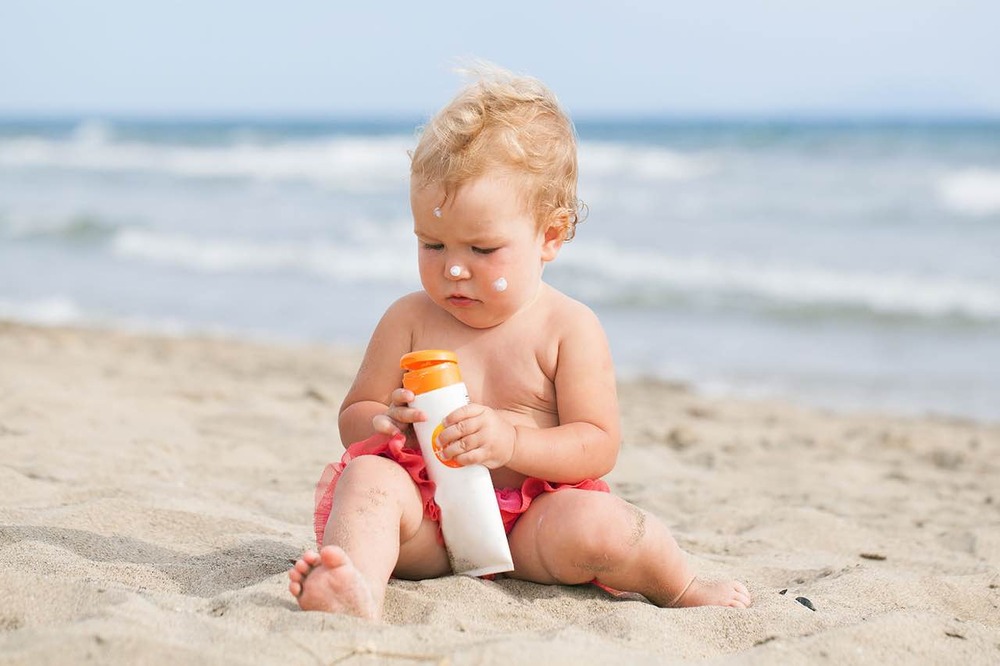
Sunscreens fall into two main categories:
- Mineral (physical) sunscreens
These sunscreens contain mineral ingredients like zinc oxide and titanium dioxide, which sit on the skin’s surface and physically block UVA and UVB rays. Mineral sunscreens are generally gentler on sensitive skin and are preferred for babies.
- Chemical sunscreens
These sunscreens absorb UV rays and convert them into heat, which is then released from the skin. Chemical sunscreens may be more cosmetically elegant (lightweight and sheer), but some ingredients may irritate sensitive skin.
Choosing the Right Sunscreen for Your Baby
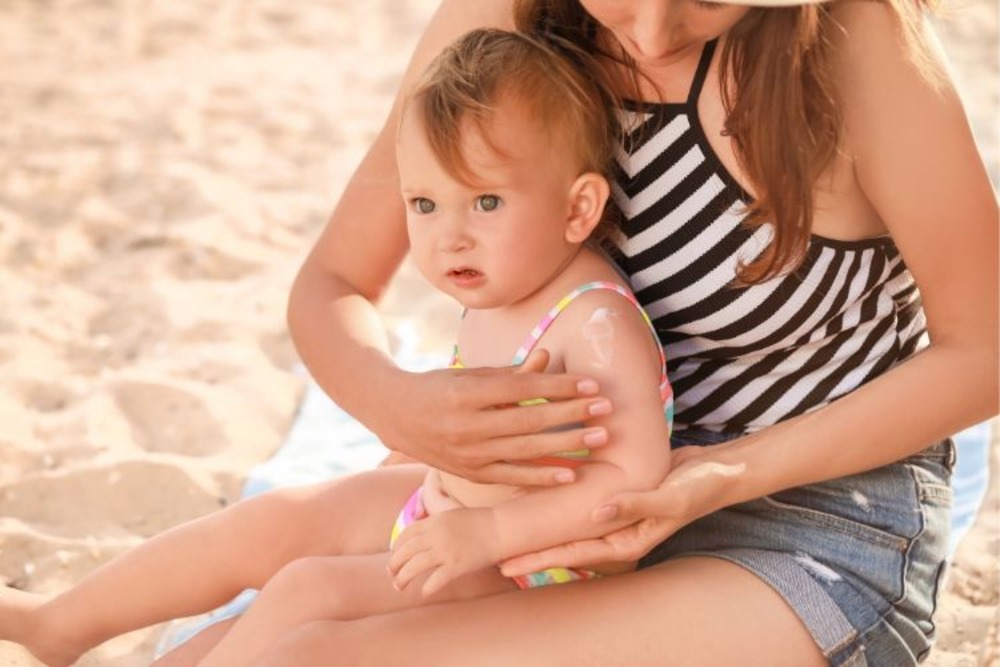
Here are key factors to consider when selecting a sunscreen for your baby:
- Sun protection factor (SPF)
Choose a broad-spectrum sunscreen with SPF 30 or higher. SPF 30 blocks 97% of UVB rays, while SPF 50 blocks 98%. While SPF 50 offers slightly more protection, SPF 30 is generally sufficient for most everyday activities, especially when combined with other sun protection measures like shade and protective clothing.
- Mineral or chemical
For babies, mineral sunscreens are generally preferred due to their gentleness on sensitive skin. Look for sunscreens labeled “zinc oxide” or “titanium dioxide” as the active ingredients.
- Water resistance
If your baby will be swimming or sweating, choose a water-resistant sunscreen. However, remember that no sunscreen is completely waterproof, and reapplication is crucial after swimming or excessive sweating.
- Hypoallergenic and fragrance-free
For your baby’s sensitive skin, it’s best to choose sunscreens that are labeled as hypoallergenic and fragrance-free. These types of sunscreens can help reduce the chances of skin irritation for your little one.
- Lotion vs. spray
When it comes to applying sunscreen on babies, lotions provide more thorough coverage and are simpler to manage. It’s important to avoid using spray sunscreens for babies because there is a risk of them inhaling the product.
Applying Sunscreen to Your Baby
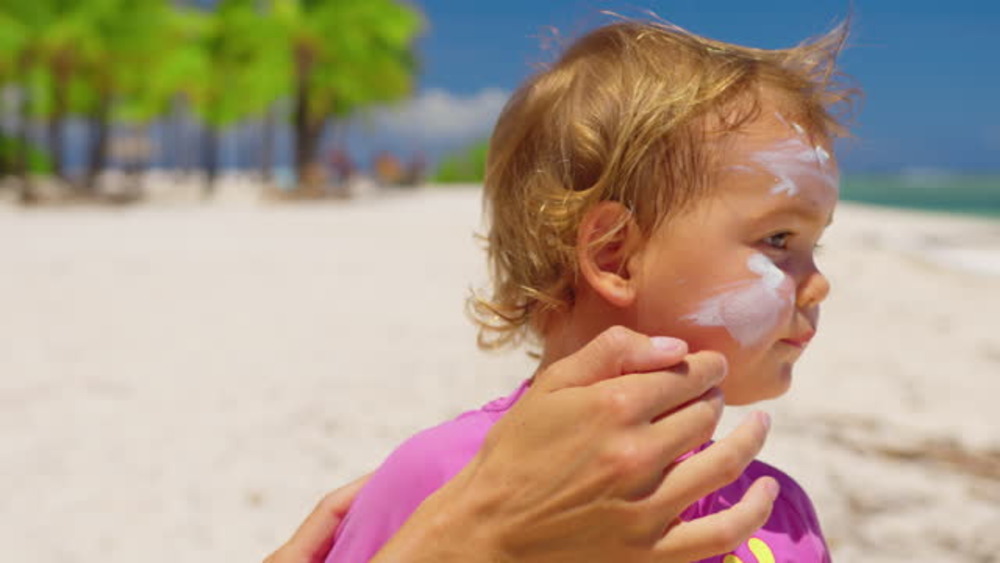
Here are some tips for safe and effective sunscreen application:
- Apply sunscreen liberally to all exposed skin 15 minutes before sun exposure. Don’t forget areas like the ears, neck, tops of the feet, and behind the knees.
- Be gentle around the eyes. Apply a small amount of sunscreen to the forehead and cheekbones, avoiding the eye area itself.
- Reapply sunscreen every two hours or more often if your baby is sweating or swimming.
- Seek shade, especially during peak sun hours (10 am to 4 pm). Sunscreen alone is not enough to protect your baby from the sun. Use shade umbrellas, hats, and lightweight, long-sleeved clothing whenever possible.
Additional Considerations
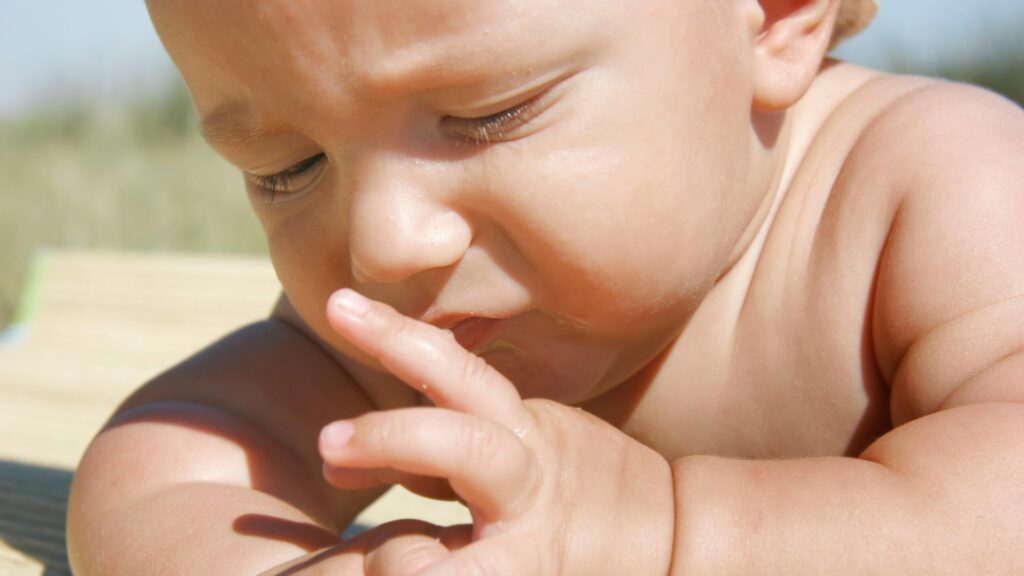
- Consult your pediatrician
If your baby has any skin conditions or allergies, consult your pediatrician before choosing the best sunscreen for babies.
- Patch test
Apply a small amount of sunscreen to a small area of your baby’s skin, such as the inner arm, and wait 24 hours to check for any irritation.
- Sun exposure for vitamin D
While sun protection is crucial, sunlight exposure is also necessary for vitamin D synthesis. Talk to your pediatrician about your baby’s vitamin D needs and safe sun exposure practices.
Recommended Resources
The Importance of Sun Safety
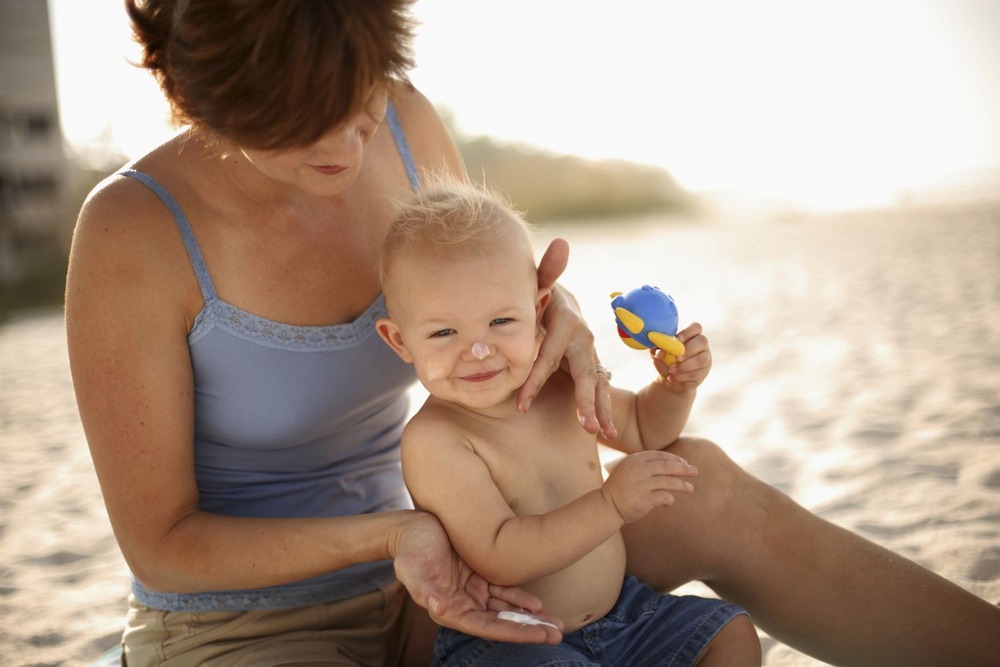
Sun safety habits formed in infancy can have a lasting impact on your child’s health. By choosing the right sunscreen and implementing sun protection measures, you safeguard your baby’s delicate skin and reduce their risk of future skin cancer. Sun safety is a collaborative effort, so be a good role model and practice sun protection yourself!
Do you have any questions or tips on choosing the best sunscreen for babies? Share your thoughts in the comments section below!
Popular Baby Sunscreens and Brand Considerations

With so many baby sunscreens on the market, it can be helpful to explore some popular brands and their offerings:
- Blue Lizard Australian Sunscreen
This brand offers mineral-based, fragrance-free sunscreens specifically formulated for babies and sensitive skin. Their products are water-resistant and boast high SPFs.
- ThinkBaby Safe Sunscreen
This line features mineral-based, hypoallergenic sunscreens with SPF 50+ protection. They offer lotion and stick options, making application easier for different areas.
- Baby Banana Sensitive Sunscreen
This popular sunscreen is fragrance-free, hypoallergenic, and oxybenzone-free, making it suitable for even the most delicate skin. It offers broad-spectrum SPF 50 protection and is water-resistant for up to 80 minutes.
- Aveeno Baby Continuous Protection Sensitive Sunscreen Lotion
This mineral-based sunscreen from a trusted brand provides broad-spectrum SPF 50 protection and is gentle enough for everyday use. It’s also water-resistant for up to 80 minutes.
Remember, these are just a few examples, and the best sunscreen for your baby depends on their individual needs and preferences.
Here are some additional factors to consider when choosing a brand:
- Price
Sunscreens can range in price depending on brand, ingredients, and SPF level. Consider your budget and prioritize quality ingredients over price.
- Application
Lotions are generally easier to control and offer better coverage, while sticks can be convenient for targeted areas like the face.
- Certifications
Look for sunscreens certified by organizations like the Environmental Working Group (EWG), which rates sunscreens based on safety and effectiveness.
Beyond Sunscreens: Sun Protection Strategies for Babies
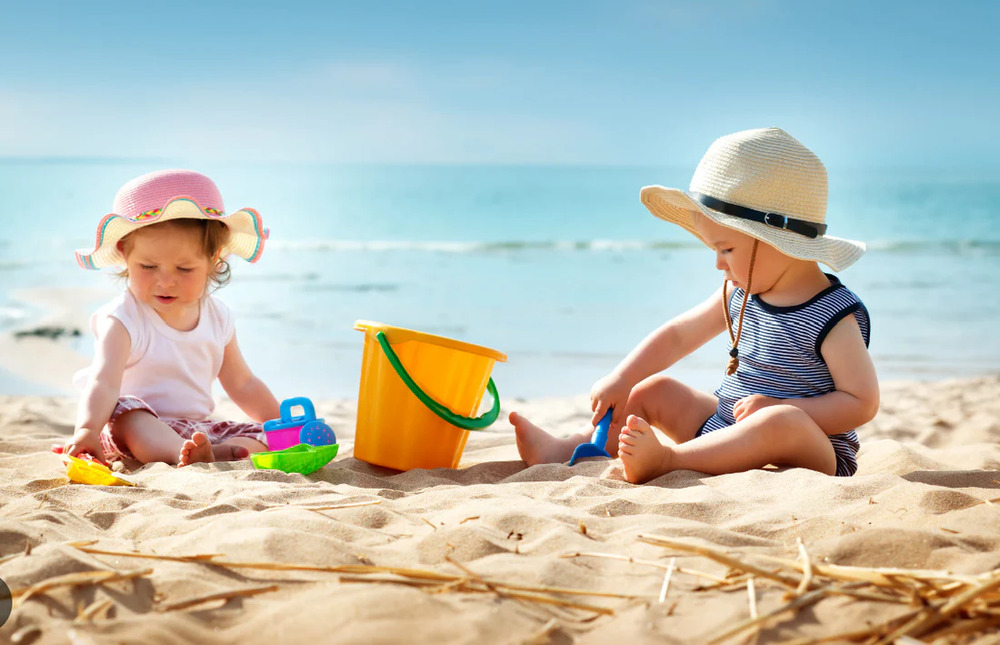
Sunscreen is a crucial line of defense, but it’s not the only sun protection tool. Here are some additional strategies to keep your baby safe in the sun:
- Seek shade whenever possible. This is especially important during peak sun hours (10 am to 4 pm) when the sun’s rays are strongest.
- Dress your baby in lightweight, long-sleeved clothing and wide-brimmed hats. Look for sun-protective clothing with an ultraviolet protection factor (UPF) rating.
- Bring a portable shade tent or umbrella for added protection.
- Keep babies hydrated. Offer frequent sips of water or breastmilk to prevent overheating, especially during hot weather.
Sun Safety: A Lifelong Habit
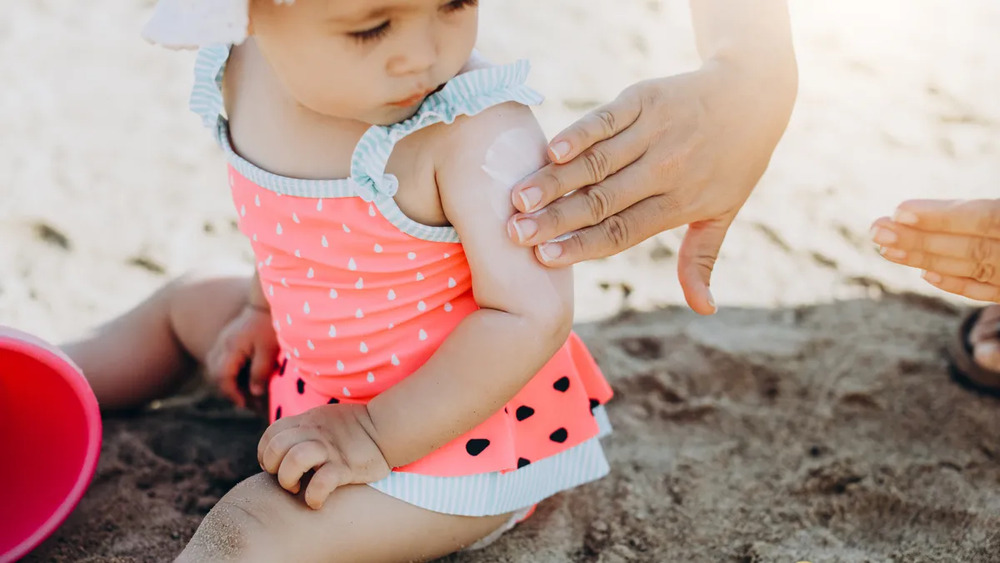
Instilling sun safety habits early on sets your child up for a lifetime of healthy sun exposure. Remember, sun protection is not just about avoiding sunburn; it’s about reducing the risk of future skin cancer. Make sun safety a fun and engaging experience for your little one, and lead by example by practicing sun protection yourself.
We hope this comprehensive guide has empowered you to make informed choices about sun protection for your baby. Enjoy the sunshine safely with your little one!
The Final Note: How to Choose the Best Sunscreen for Babies
Sun protection for babies is a responsibility parents take seriously. By understanding the importance of sunscreen, applying it correctly, and implementing additional sun safety measures, you safeguard your child’s health and well-being.
Here are some final takeaways:
- Sunburn is preventable
With proper sun protection, you can prevent sunburn and minimize sun damage to your baby’s delicate skin.
- Start sun safety early
Forming sun-safe habits in infancy sets a positive foundation for lifelong health.
- Be a sun safety role model
Practice sun protection yourself and talk to your children about the importance of sun safety in a way they can understand.
Remember, sun safety is a collaborative effort. Partner with your pediatrician for guidance on sunscreen selection and sun exposure practices specific to your baby’s needs. Don’t be afraid to ask questions and voice any concerns you may have.
We encourage you to continue this conversation! Share your experiences and tips on sun protection for babies in the comments section below. What are your favorite sunscreen brands for your little ones?
Together, we can create a generation of sun-savvy children who enjoy the outdoors safely and responsibly.


